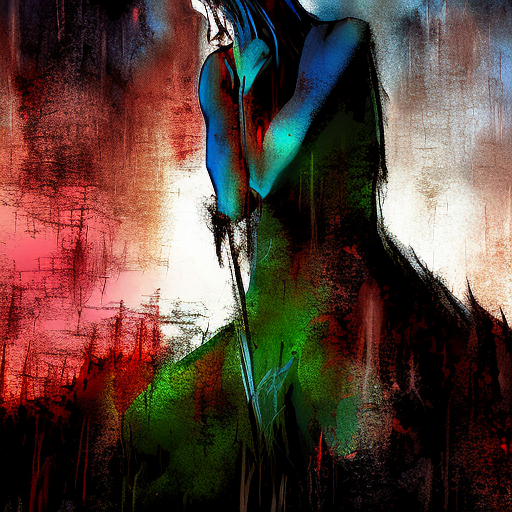One-line summary:
Grendel is a thought-provoking novel that retells the epic poem Beowulf from the perspective of the monster, exploring themes of existentialism, the nature of evil, and the human condition.
The Story:
Grendel, written by John Gardner, is a captivating novel that offers a unique perspective on the epic poem Beowulf. Set in medieval Denmark, the story follows the life of Grendel, a fearsome monster who terrorizes the kingdom of Hrothgar. Unlike the original poem, which portrays Grendel as a mindless beast, this novel delves into the monster’s thoughts and emotions, shedding light on his motivations and inner struggles.
Grendel, an outcast and a loner, is tormented by his existence and his inability to find meaning in the world. He observes the humans, particularly Hrothgar’s warriors, who revel in violence and glory, and he becomes disillusioned with their shallow existence. Grendel’s encounters with the humans, including his interactions with the hero Beowulf, force him to question his own nature and the nature of evil itself.
As Grendel reflects on his existence, he grapples with philosophical ideas, such as nihilism and existentialism. He seeks answers from the dragon, a wise and ancient creature who represents the embodiment of nihilistic beliefs. The dragon, who sees the world as chaotic and meaningless, encourages Grendel to embrace his destructive nature and reject any notions of purpose or morality.
The Themes:
Existentialism and the Search for Meaning:
Grendel’s existential crisis lies at the heart of the novel. He yearns for a purpose and struggles to find meaning in a world that seems devoid of it. Through his encounters with humans and his conversations with the dragon, Grendel explores the existential questions of existence, free will, and the nature of reality.
The Nature of Evil:
Grendel’s monstrous actions raise questions about the nature of evil. Is he inherently evil, or is he a product of his circumstances? The novel challenges the simplistic notion of good versus evil, suggesting that evil may be a subjective concept influenced by perspective and context.
The Human Condition:
Grendel’s observations of human behavior highlight the flaws and contradictions of the human condition. He witnesses the destructive nature of power, the futility of heroism, and the hypocrisy of religious beliefs. Through Grendel’s lens, the novel explores the complexities of human nature and the inherent contradictions within society.
Key Takeaways:
- Grendel offers a fresh perspective on the epic poem Beowulf, providing insight into the motivations and struggles of the monster.
- The novel explores existential themes, such as the search for meaning and the nature of reality.
- It challenges traditional notions of good and evil, suggesting that these concepts are subjective and influenced by perspective.
- Grendel’s observations of human behavior shed light on the flaws and contradictions of the human condition.
“Poor Grendel’s had an accident,” I whisper. “So may you all.”
In conclusion, Grendel is a thought-provoking novel that delves into the mind of a monster and explores profound philosophical questions. Through Grendel’s journey, the reader is confronted with existential themes, the nature of evil, and a critical examination of the human condition. John Gardner’s retelling of Beowulf offers a fresh perspective and challenges traditional interpretations, leaving readers pondering the complexities of life and the choices we make.












